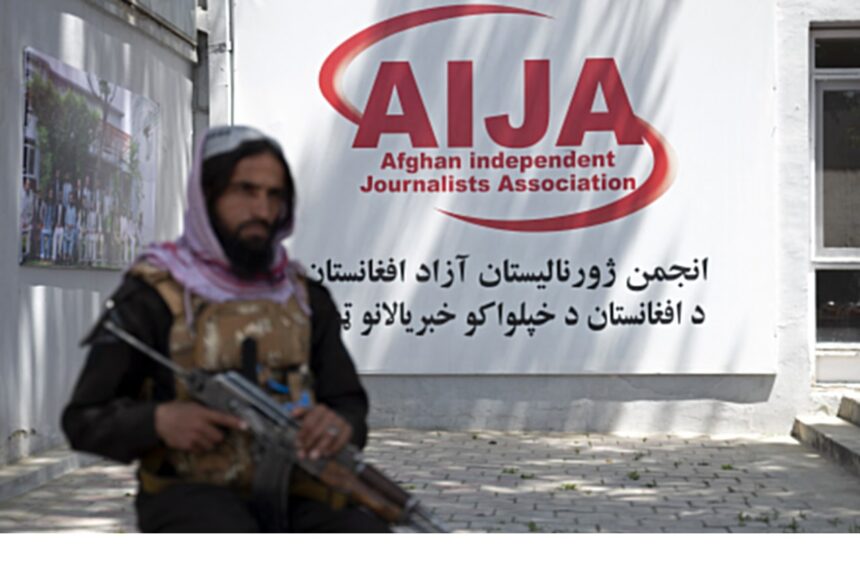RASC News Agency: The United Nations, through a report jointly released by the United Nations Assistance Mission in Afghanistan (UNAMA) and the Office of the High Commissioner for Human Rights, has disclosed alarming figures detailing the plight of journalists and media workers in Afghanistan. Over the past three years, 336 cases of threats, intimidation, arbitrary arrests, mistreatment, legal prosecution, and imprisonment have been reported. Among these, 256 journalists comprising 249 men and 7 women were arbitrarily detained.
The report further outlines that 130 journalists were subjected to torture and inhumane treatment during this period, including 122 men and 8 women. Additionally, 66 male and 9 female journalists faced threats and intimidation. Alarmingly, in certain instances, media employers opted to replace detained journalists with new hires rather than defend their employees, citing concerns over damaging relations with the Taliban regime. The United Nations expressed concern over the growing instability within the media sector, noting that such practices have resulted in widespread job insecurity, forcing numerous journalists to abandon their professions. Following the Taliban’s return to power, a significant number of media outlets ceased operations due to economic constraints and the cessation of financial aid from international donors.
The report also highlights a sharp decline in local media engagement, attributing it to the Taliban’s prohibition on broadcasting music and the rising accessibility of international content through satellite and internet platforms. These factors have led to a reduction in viewership and a corresponding drop in advertising revenue for Afghanistan media outlets. Moreover, the report underscores the exodus of skilled media professionals and experts who fled Afghanistan after the Taliban’s resurgence. This mass departure has left the media industry grappling with a severe talent deficit, further crippling its operations.
The report concludes: “The imposition of restrictions by the de facto authorities (the Taliban) has exacerbated an already challenging environment, making media operations in Afghanistan increasingly untenable.”






